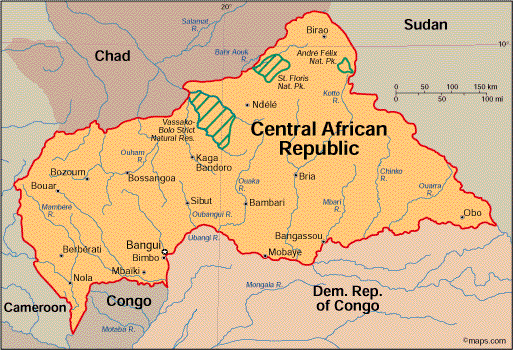The World Celebrates the 60 Year Anniversary of the Human Rights Declaration

“All human beings are born free and equal in rights. They are endowed with reason and conscience and should act towards one another in a spirit of brotherhood.”
These words, ratified 60 years ago today, open the Declaration of Human Rights. A world divided by war and ideology, but united in hope, gathered to inscribe these words in history. On December 10, 1948, the General Assembly gathered and ratified what would become the most universally translated document of all time.
Unfortunately, we still witness daily violations of these human rights in countries ranging from Mynamar to even the United States. However, as we are driven further apart by our ideological differences and economic competition, we must remember that we are united as a global community. Empowerment of all people, respect for every human life regardless of ethnicity, nationality, race or sexuality is something we declared our alliance to 60 years ago and needs to remain at the forefront of our global consciousness.
The legacy of the Declaration has at times been overshadowed in this era of globalization; yet the United Nations has continued working hard to promote human rights globally. We must recognize the strides we have taken, please visit the web sites of those working to protect human rights: Amnesty International, Human Rights Watch, UNHCR.
.jpg)












































